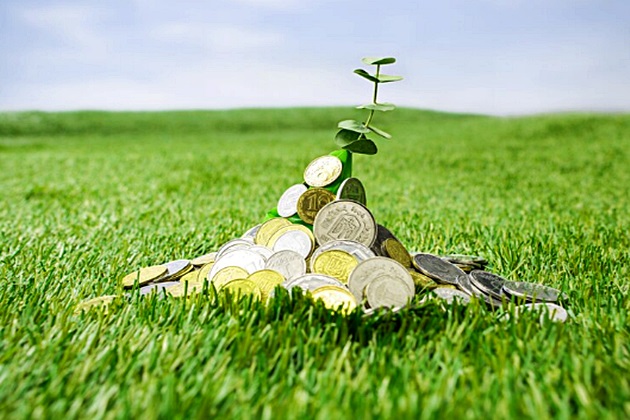766

The subsidies for agriculture from the European Union should be mandatory limited to cope with the accession of Ukraine's agricultural powerhouse, according to the EU Commissioner for Agriculture, Janusz Wojciechowski, as discussions heat up regarding the future shape of the Common Agricultural Policy (CAP) reform.
Major concerns
Speaking on the sidelines of the recent EU executive conference on agricultural outlooks, Wojciechowski stated that the bloc should prevent Ukraine's accession from adding to Europe's growing trend of land concentration.
"A large part of Ukrainian agriculture is dominated by large farms," he said, adding that the EU should "avoid subsidizing such large companies."
According to Wojciechowski, a mandatory EU-wide capping system would be "a good response" to address land concentration and the fact that the average Ukrainian farm is even larger than that in the EU.
Currently, EU member states can voluntarily cap the value of direct payments individual farms can receive to prevent large farms from excessively benefiting from subsidies. According to EU data, 80% of these payments were directed to the top 20% of farms in 2019.
The commissioner's comments reflect increasing concerns about the impact Ukraine's inclusion in the bloc will have on the EU's agri-food sector.
Ukraine will receive 96.5 billion euros annually
Last month, a document published by the European Council revealed that Ukraine would be eligible for 96.5 billion euros from CAP funds over a seven-year period of the EU budget, leading to approximately a 20% reduction in agricultural subsidies granted to current EU member states.
Meanwhile, in October, Ukraine's Deputy Economy Minister Taras Kachka stated that Kiev's accession to the EU would likely trigger a rewrite of the CAP, resulting in the end of the current agricultural subsidy program.
Assessing the impact of Ukraine's accession on EU agricultural subsidies under current criteria is not a relevant exercise, as Kiev's accession to the EU will likely bring about the end of the Common Agricultural Policy as we know it today, according to Ukraine's Deputy Economy Minister Taras Kachka.
Germany calls for a turning point
Agriculture ministers also exchanged views on how the EU's agriculture could adapt to Ukraine's possible accession to the EU during their Monday meeting (December 11).
While expressing their support for Ukraine's accession to the EU, some raised concerns about the impact of a global agricultural power, such as Ukraine, as a beneficiary of EU agricultural subsidies.
One of the most vocal on this issue has been Germany, which has repeatedly called for a comprehensive reform of the CAP.
Ahead of Monday's meeting, German Agriculture Minister Cem Özdemir sounded the alarm, stating that the EU's agricultural subsidy program would be in jeopardy if it were not reformed before Ukraine's accession.
Risk of system collapse
"If we leave the current agricultural policy as it is and widen the EU to include Ukraine, Moldova, Western Balkan countries, (…) the system will collapse," he said.
Özdemir added that expansion is an opportunity to change the course of EU agricultural policy and establish new guiding principles, "ensuring that those services farmers [EU] provide to the public, for animal welfare, climate protection [and] biodiversity are reliably remunerated."
Similarly, in September, a group of German regional agriculture ministers recently called to leave behind the "unconditional area payments" of the CAP and focus instead on the principles of a "premium for the common good."
Although there are already several tools for more environmental, climate, and animal protection within the CAP, a significant portion of the money – the so-called direct payments – continues to be paid to farms exclusively based on the farm's area.
Sustainability standards
Meanwhile, other countries, including Poland and Slovakia, have expressed concerns about how Ukraine would adapt to EU standards before joining the bloc.
This could be a challenge as Kiev has largely relied on intensive production methods.
This, while Brussels, as part of its commitments under the European Green Deal, is increasingly demanding agriculture to enhance environmental and climate protection.
"Protecting the EU's internal market from an influx of products [from] food systems that are not sustainable is essential," says a note from the Polish delegation presented at the EU Council meeting.




